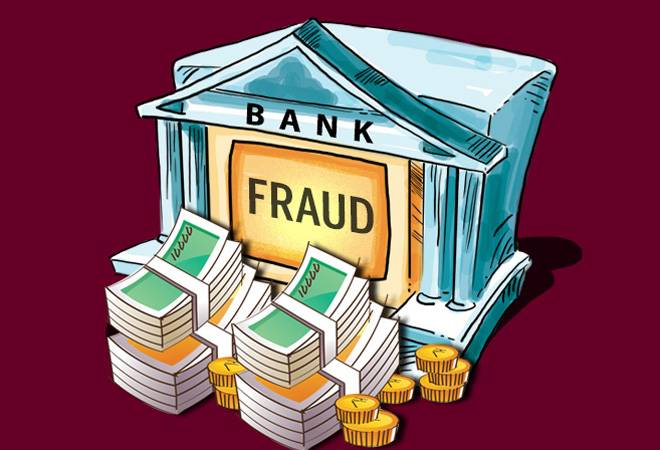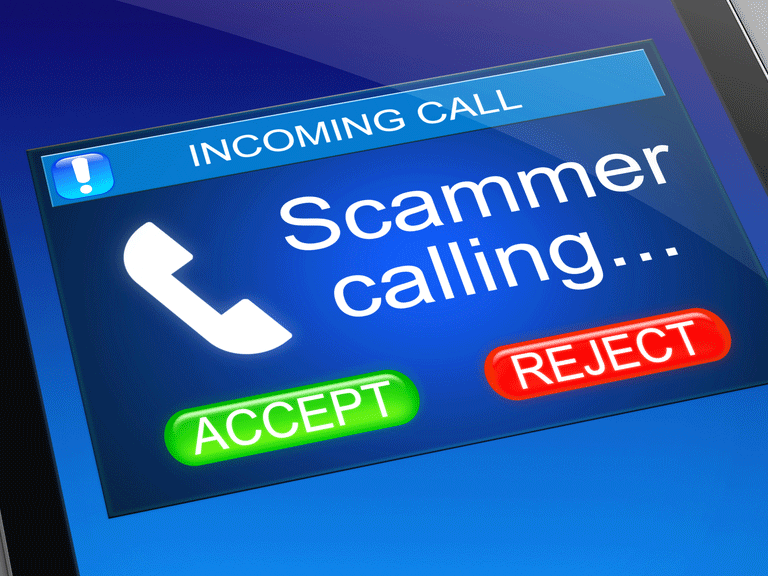
Warning bells have been sounded over scammers targeting customers and claiming to be from banks or the financial watchdog. Mohamed Dabo reports.
Since the start of the coronavirus outbreak in the UK, intelligence analysts have monitored a rapid escalation in criminals gangs using a range of scams targeting vulnerable consumers.

Access deeper industry intelligence
Experience unmatched clarity with a single platform that combines unique data, AI, and human expertise.
Many of the scams purport to be official messages from the government, due diligence request from the Financial Conduct Authority, or a request from a bank.
The Financial Conduct Authority has taken notice and issued a warning against criminals seeking to profit from the coronavirus outbreak.
A resurgence of old scams and the invention of new ones
The coronavirus has prompted fraudsters and scammers to find innovative ways to part people from their money.
As losses increase every year, fraud continues to be at the heart of the agenda across the Government, law enforcement, the banking sector, wider industry and consumer groups.

US Tariffs are shifting - will you react or anticipate?
Don’t let policy changes catch you off guard. Stay proactive with real-time data and expert analysis.
By GlobalDataDespite that focus, the outbreak of Covid-19 has seen the emergence of new opportunities for fraudsters to trick people out of their money.
The dramatic changes to our lives as we live with a lockdown has quickly led to fraudsters preying on the fact that people are staying at home, with an almost immediate increase in cold calling and scam text messages.
We’ve seen a resurgence in several scams, as well as some new ones, with a particular favourite of the fraudsters – the remote access scam – growing faster than others.
What follows a warning issued by the Financial Conduct Authority.

Telephone scam
Fraudsters may call you and claim to be from your bank or a similar organisation.
They might pretend to be doing a ‘fraud check’ or discuss a problem with your account. Then, to convince you their call is genuine, they tell you to hang up and call your bank. They may tell you to use the phone number on the back of your debit or credit card.
But the fraudsters don’t hang up. So, when you call your bank, they or another fraudster are still on the line. The tactic is called ‘vishing’.
The fraudsters will then pretend to be from your bank and try to get you to:
- give them your account details (especially if they already have some of them)
- transfer money to another bank account, or
- hand over your cash or card to them via courier
A variation is a tactic known as ‘number-spoofing’. If your phone (mobile or landline) has ‘caller ID’, it will show the number they are calling from or let you know it is withheld.
But the fraudsters may be able to change the number displayed on your phone, which they use to suggest they are calling from a genuine bank, then try to trick you into revealing information about your account.
You should also be wary of text messages to your mobile phone that encourage you to visit a specific website, that seems to be genuine but turns out to be fake.

Online banking scam
Bank websites can be copied (‘cloned’) by criminals. These sites use a similar address to the genuine bank site and use it to trick customers. One way to reach a cloned website is to click through to it from a spam email.
Fraudsters also send emails and text messages that pretend to be from a bank. These ask you to verify details such as your online banking passwords, PIN, or account or card details. This is known as ‘phishing’. It often comes with a story about why your details are needed, such as for a refund, a security and maintenance upgrade, or even to stop fraud.
Fraudsters will also contact consumers and businesses, pretending to be regular suppliers. They may say their bank details have changed and ask you to update your payment details to direct the money to them. Alternatively, they may email you pretending to be a senior member of staff and try to persuade you to make an urgent transfer.

Card scam
Card details are sometimes taken by copying the information from the magnetic strip of a bank or credit card at a cash machine or in a store. This is known as ‘skimming’. The fraudsters intend to access your account or create a fake card that has your details on it.
Many other scams aim to steal your credit card details, either by taking the card itself or by tricking you into giving out the details, such as the security code (the three- or four- digit code on your card).
In each case the fraudsters intend to access your bank account, take money from it, or charge items to your credit card.







